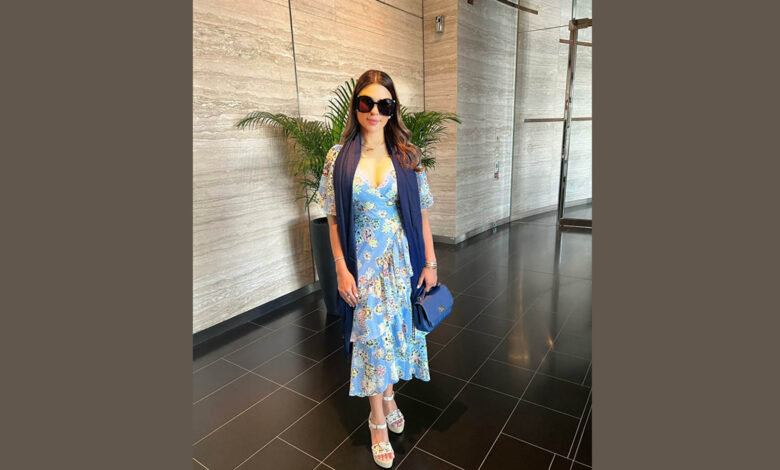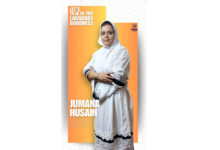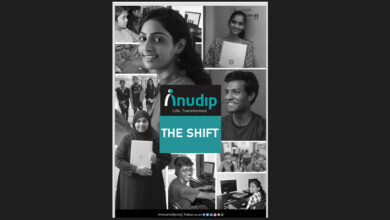Paris Keswani founder of New York-based non-profit organisation to assist impoverished children globally

New Delhi: Paris Keswani, a philanthropist and human rights activist based in the United States, has partnered with the New York-based non-profit organisation Great Giving Charitable Foundation Inc to help impoverished children, displaced orphans, battered mothers, and people displaced by natural disasters worldwide.
Born in India, Paris Keswani relocated to the U.S long ago where she attained an Honors degree in Public Administration while preserving her ardent love for gemology. She worked as a jewellery designer and sales associate in a prominent jewellery company in the U.S.
“I dedicated my entire professional life to the service of humanity, eradication of poverty, and strived to provide housing accommodation for all,” said Paris. “Following the partnership with the New York-based non-profit organization, I want to expand my social and humanitarian service at the global scale to preserve human rights and provide equality to all in the eyes of the law.”
A mother of an 11-year-old son, Paris has been volunteering at UNICEF and New York Cars and is honored to be a vital part of the United Nations Environmental Progress. Every Tuesday, she and her son feed over 200 homeless people in Secaucus in New Jersey, visit houses of senior people every weekend, organise an annual book fair and toy and blanket drives, and tree plantation drives to protect the environment.
Paris a.k.a Poonam Keswani has received recognition from the Mayor of Secaucus in New Jersey, Michael Gonnelli for taking up special environmental projects to replenish withering trees by planting new ones and helping children with special needs.







